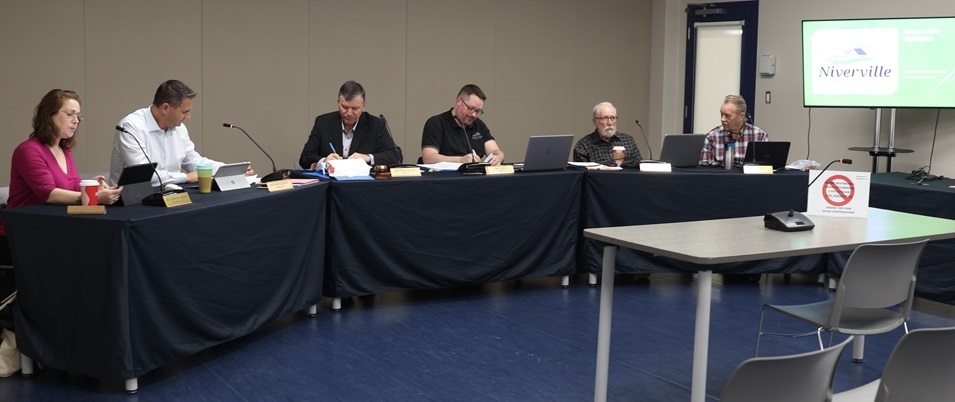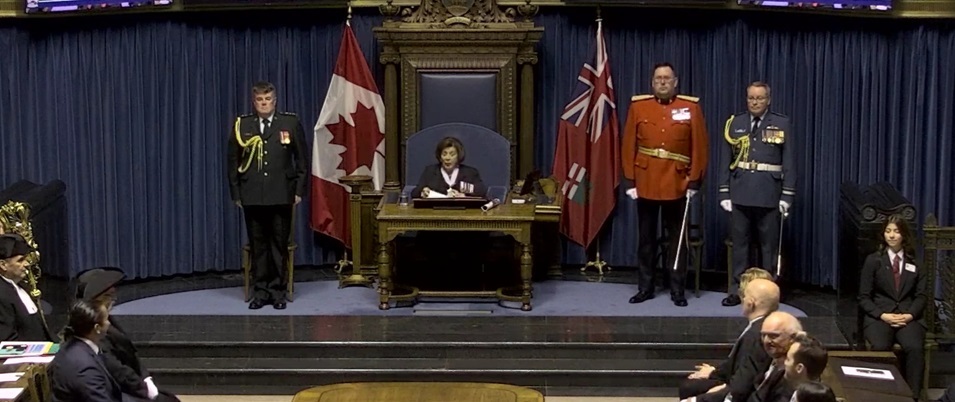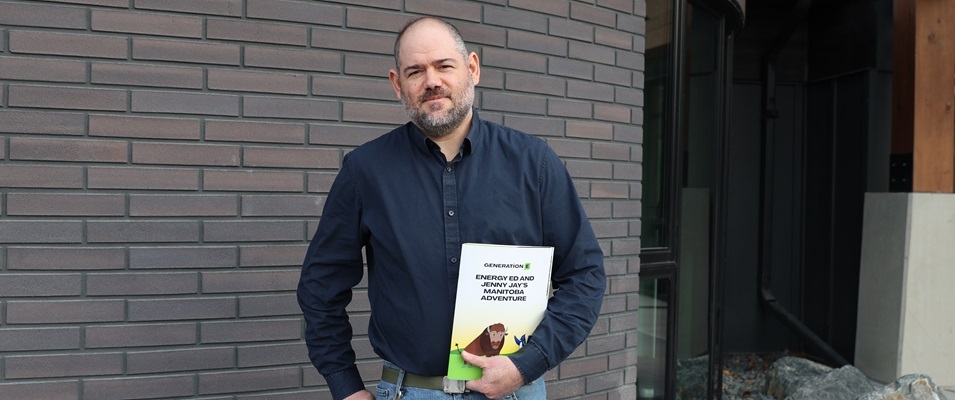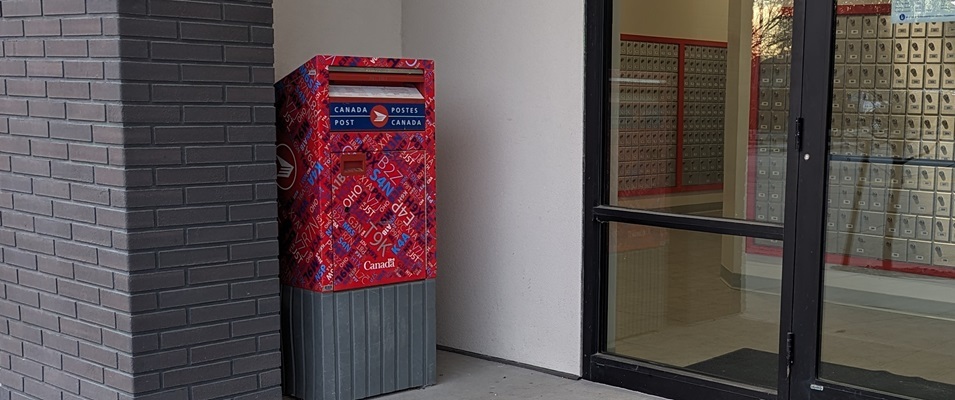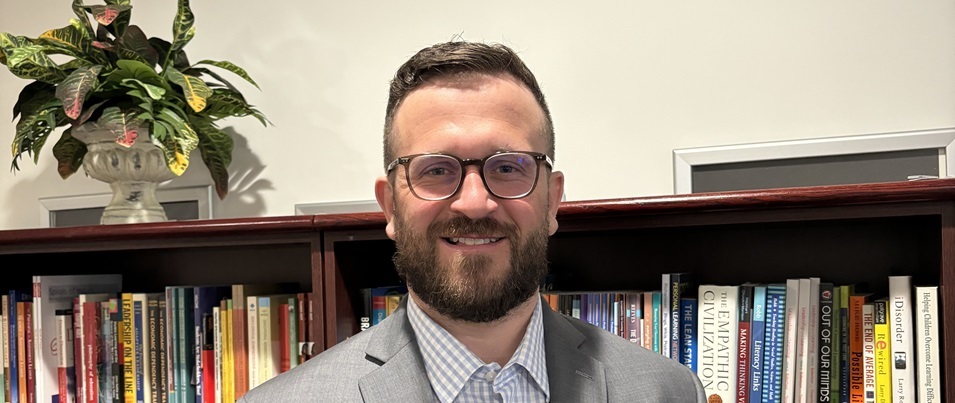
On June 21, a tour of Niverville’s Heritage Life Personal Care Home (PCH) was conducted for visiting Pastor Timothy Zheng (pronounced Chung) and his family, who travelled from China to learn more about seniors care in community-owned, non-profit facilities like ours. Zheng is an area pastor of about 80 congregations. His church has recently been granted a decommissioned school which they are renovating into a care facility for seniors.
China today has 150 million people over 75, and that number is expected to double to 300 million in the next 15 years. In the past, elders have been cared for by family members, but multiple factors are making that increasingly difficult, if not impossible. China’s decades-long restriction of one child per family places the care of parents and grandparents on the shoulders of sole descendants. Economic conditions often demand dual incomes and many families live in high-rise apartments with no elevators, leading to mobility problems for seniors.
As in our culture, seniors in China often want to live independently of family, and improved accessibility to food and medical care has increased people’s lifespans, with the attendant medical issues, including dementia. Experts predict that only three percent will need to be institutionalized, a number that seems small but still represents nine million elders.
Churches have stepped in and opened very basic care homes, and they are looking to the West to learn how to do this more effectively. There is very little assistance from the government. Projects such as Zheng’s are carried out entirely by church labour and church funding.
Zheng’s colleagues, who had visited Mennonite-run care homes, advised him to consult with Mennonite Church Canada (MCC) for examples or models of what community care can look like. Jeanette Hanson, an MCC resource worker for their China ministry, and Daniel Horne, MCC Director of Partnership Development in Western Canada, were instrumental in guiding Zheng to Niverville.
The meeting gave PCH board chairman Gordon Daman and Heritage Centre CEO Steve Neufeld the opportunity to share details of the Heritage Centre model, which includes independent housing, assisted living, supportive living, and long-term care.
Regrettably, the Chinese endeavours cannot aspire to state-of-the-art equipment. Zheng was primarily interested in the basics—bathing and bathroom functionality, cleaning practices, and how laundry is done to minimize the spread of germs. He was particularly taken with the design of the dining tables that enable wheelchair access, and the smoothly rounded corners for manual feeding. Zheng acknowledges that education for staff will be the biggest challenge.
Horne says that Zheng deeply appreciated the visit and has asked the PCH board about the possibility of forming an ongoing relationship with them as a resource as they start their efforts.






